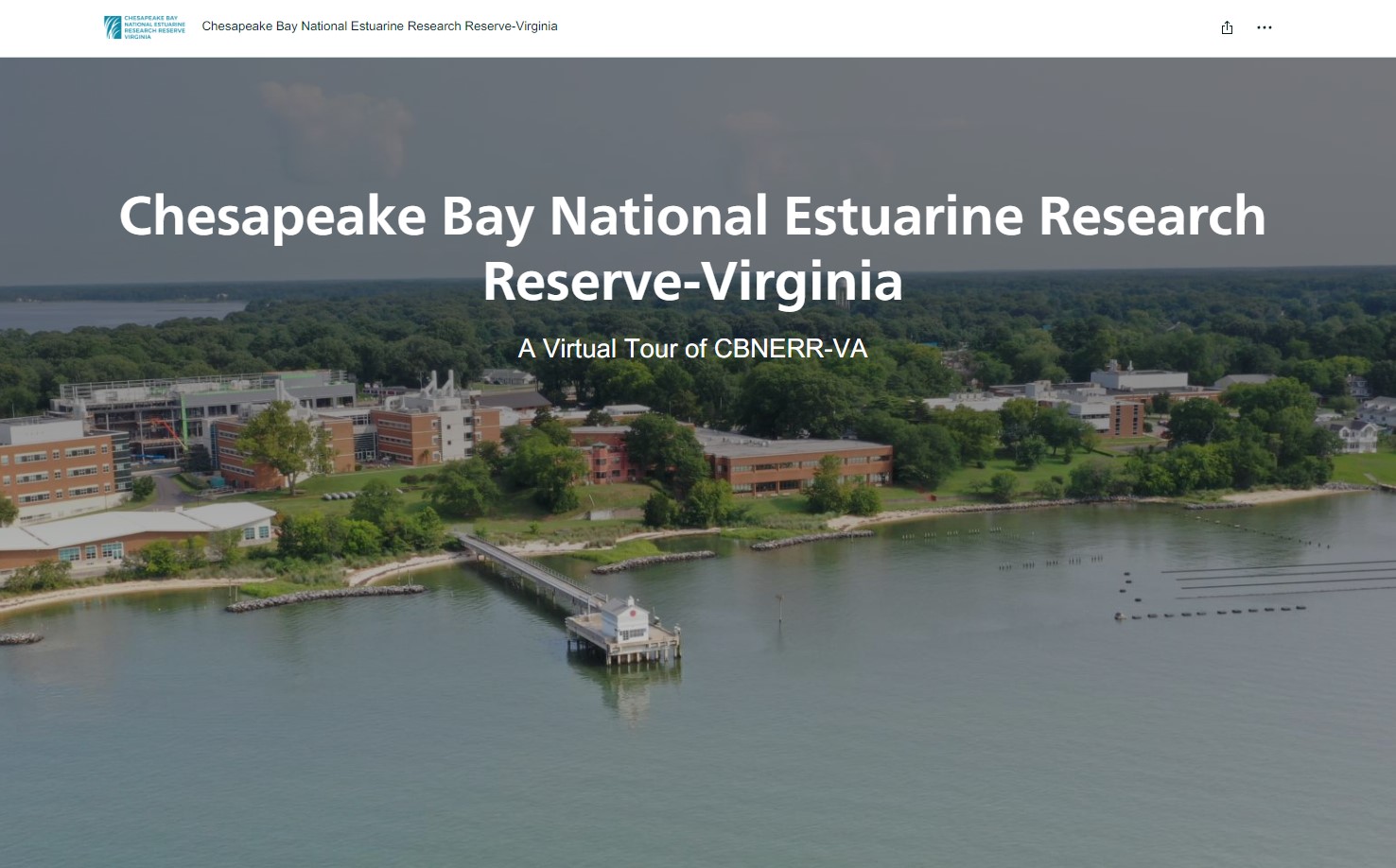
We are excited to announce that CBNERR-VA now has its very own Story Map!
Updates, info and tide-ings from the CBNERR-VA team

We are excited to announce that CBNERR-VA now has its very own Story Map!
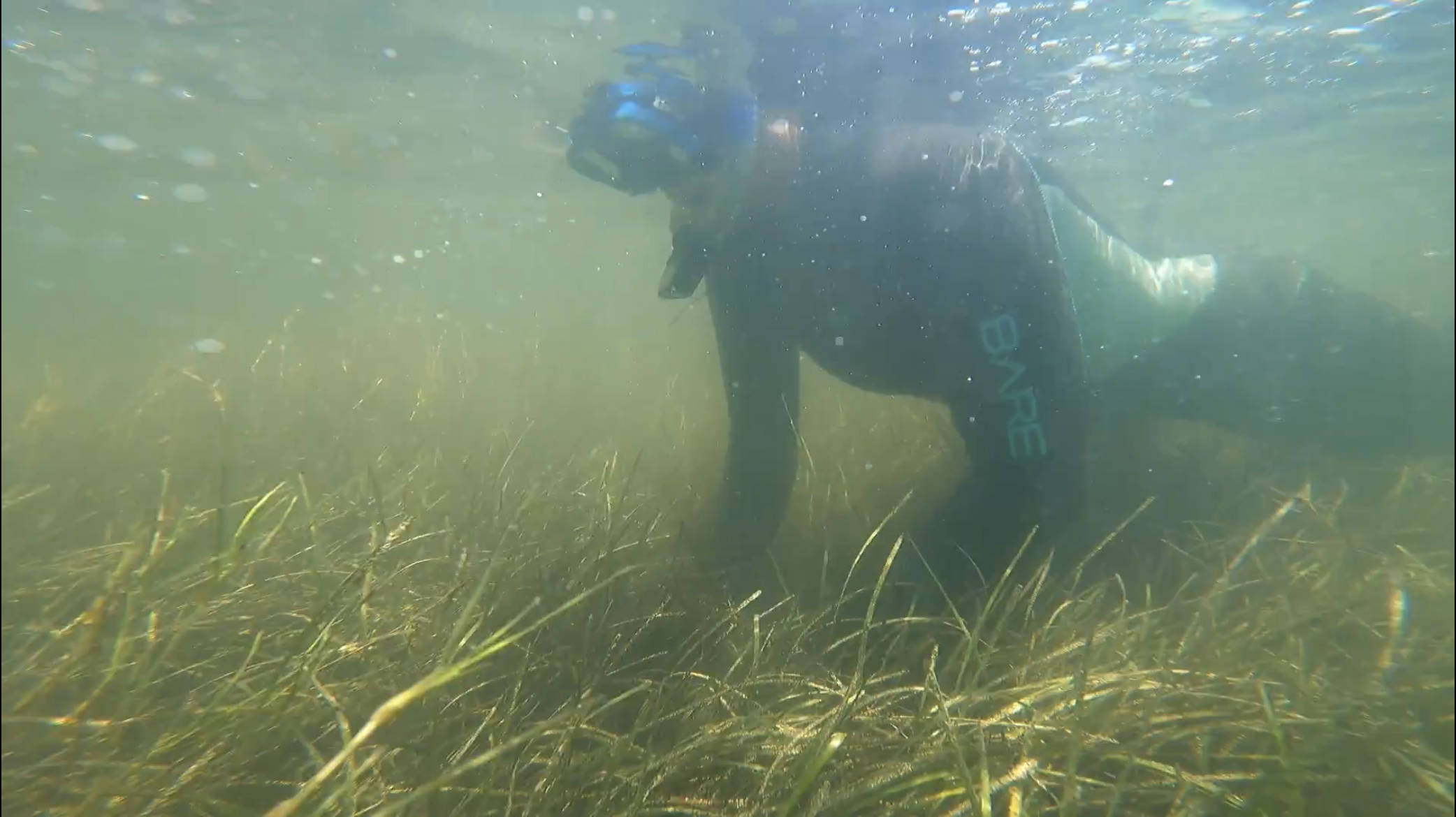
CBNERR-VA and The University of North Carolina Wilmington have recently begun a collaborative partnership!
CBNERR-VA staff -led research publications
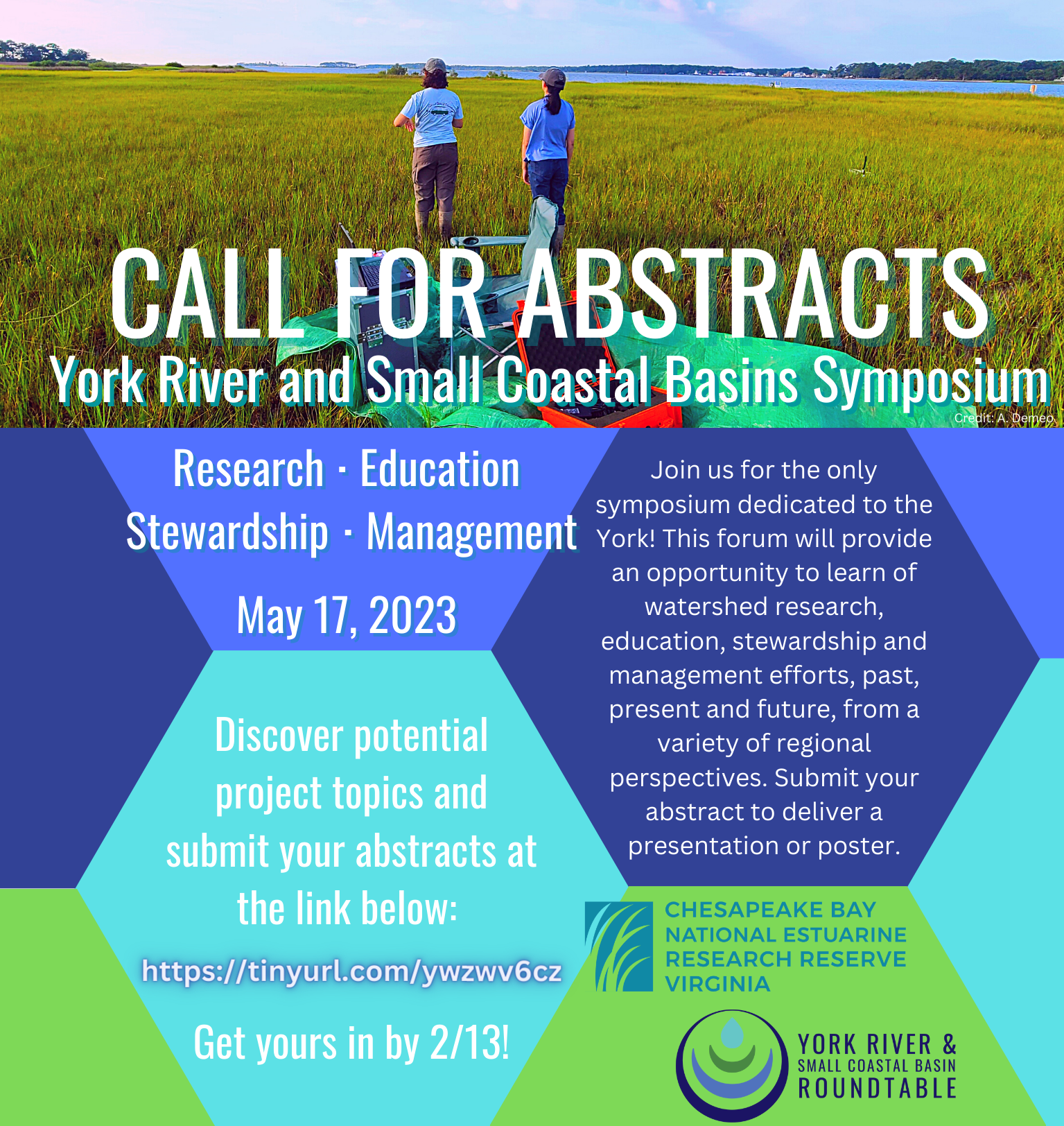
CBNERR-VA invites you to share your research, lived experience, recommendations and best practices!
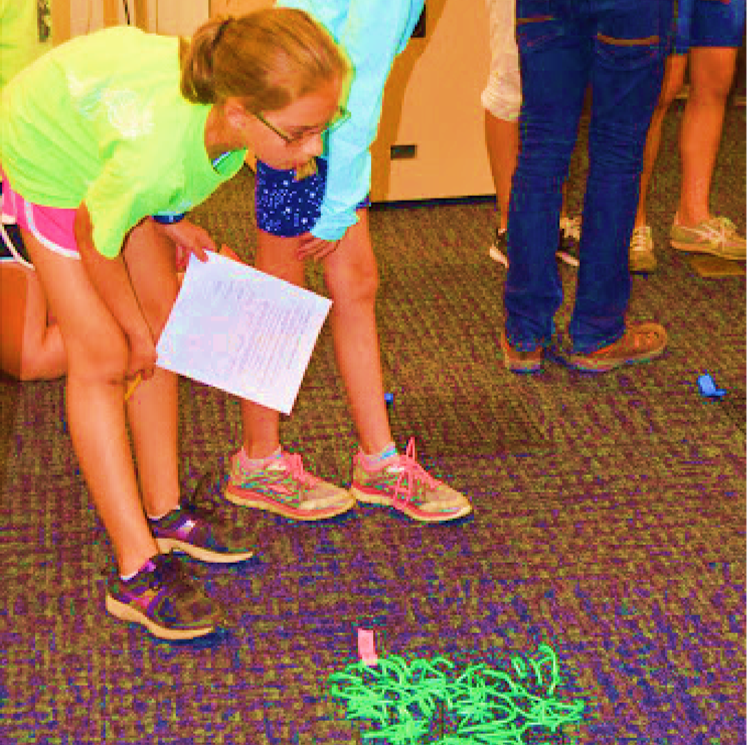
CBNERR-VA has been busy learning and sharing all things seagrass!

Welcome to the friendly faces joining the CBNERR-VA team this summer!

Pursuant to the federal Coastal Zone Management Act of 1972, as amended, a virtual public meeting will be held as part of the federal performance evaluation of the Chesapeake Bay, Virginia National Estuarine Research Reserve. The meeting will be held 12:00 to 1:00pm on Wednesday, October 20, 2021.
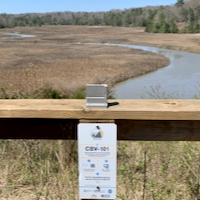
"Chronolog" allows park visitors to use their cellphones to serve as community scientists
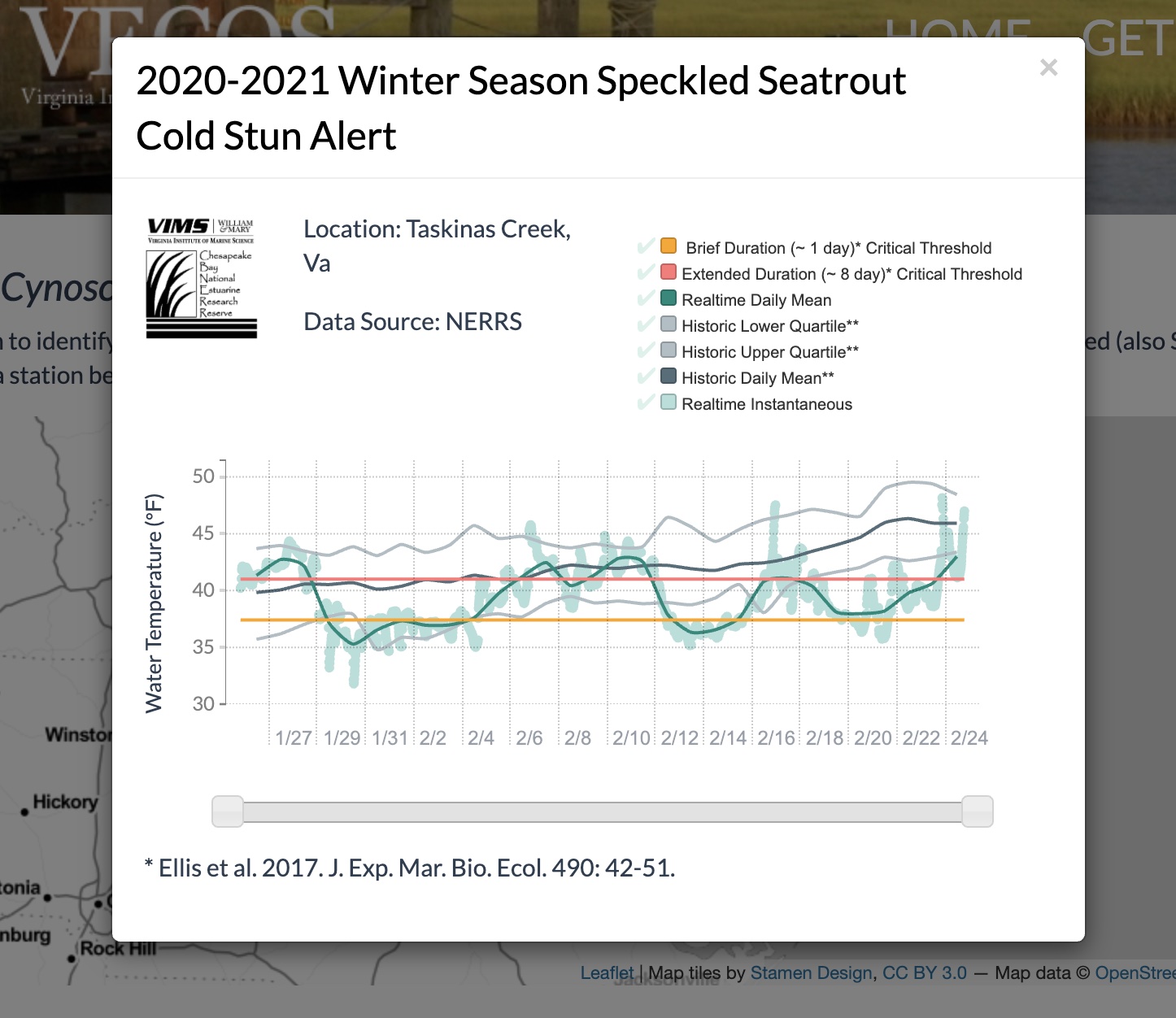
Sustained cold winter temperatures result in Speckled Trout deaths in Pamunkey River.
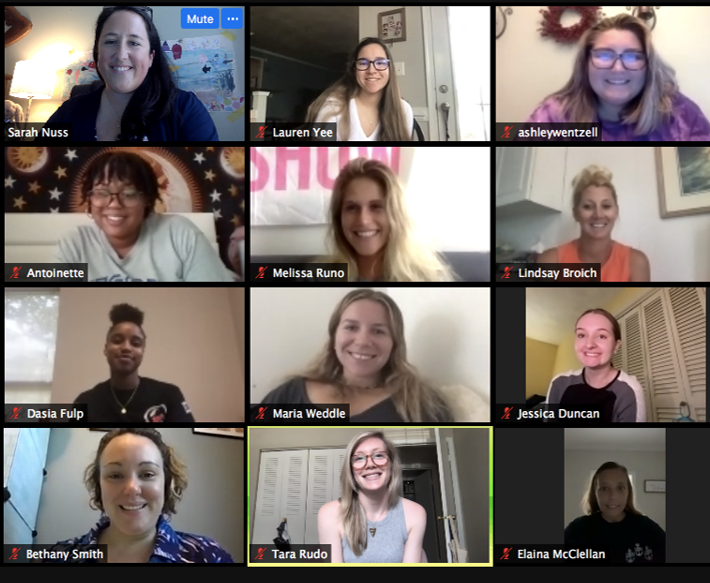
Science and Stewardship: VATIDES program makes science meaningful for K-12 students

The Garden Club of Virginia has chosen Sarah McGuire Nuss as a winner of its Conservation Educator Award for 2020.
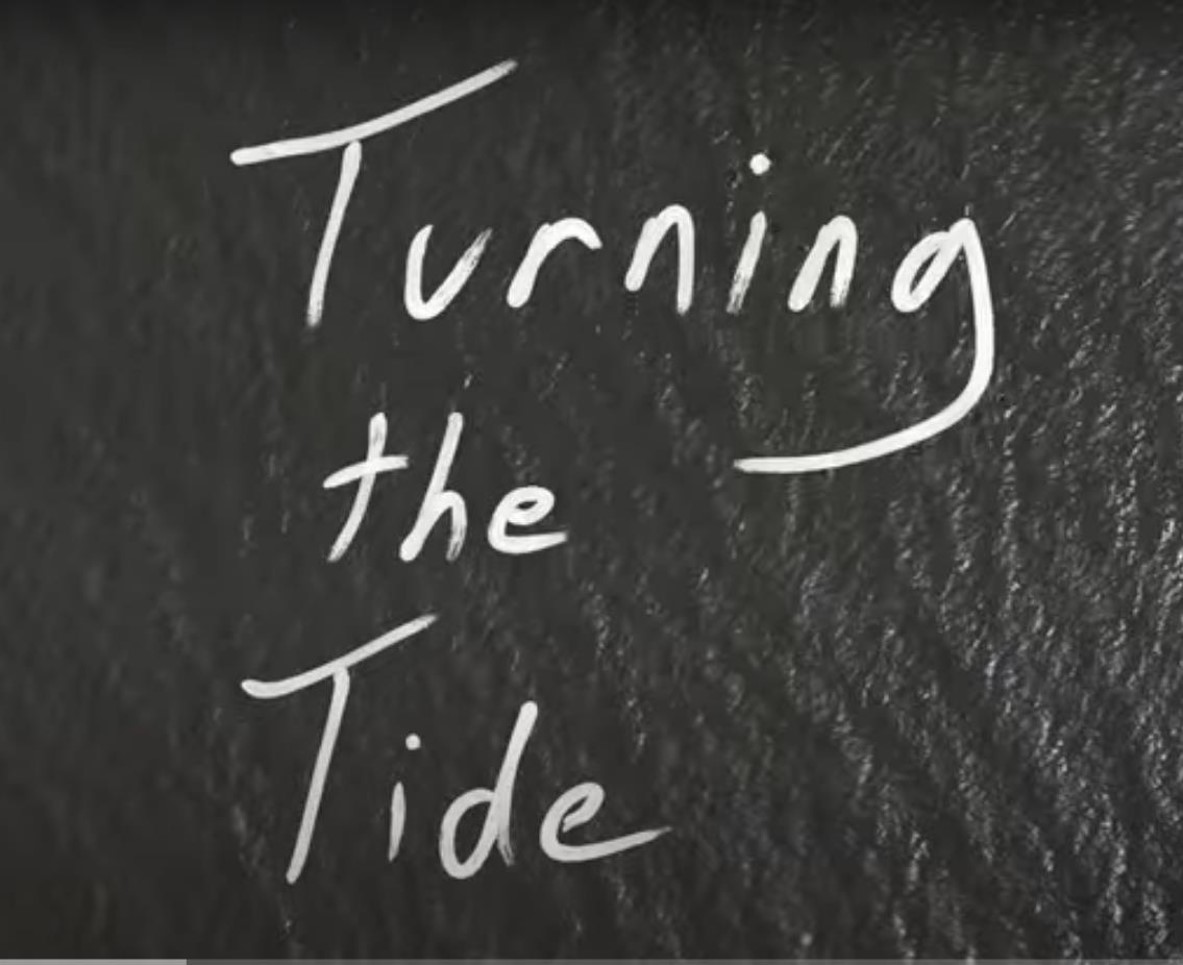
"Turning the Tide," a collaborative video highlighting the work of the Chesapeake Bay Sentinel Site Cooperative WINS the 2020 National Estuarine Research Reserve Association's Film Fest.
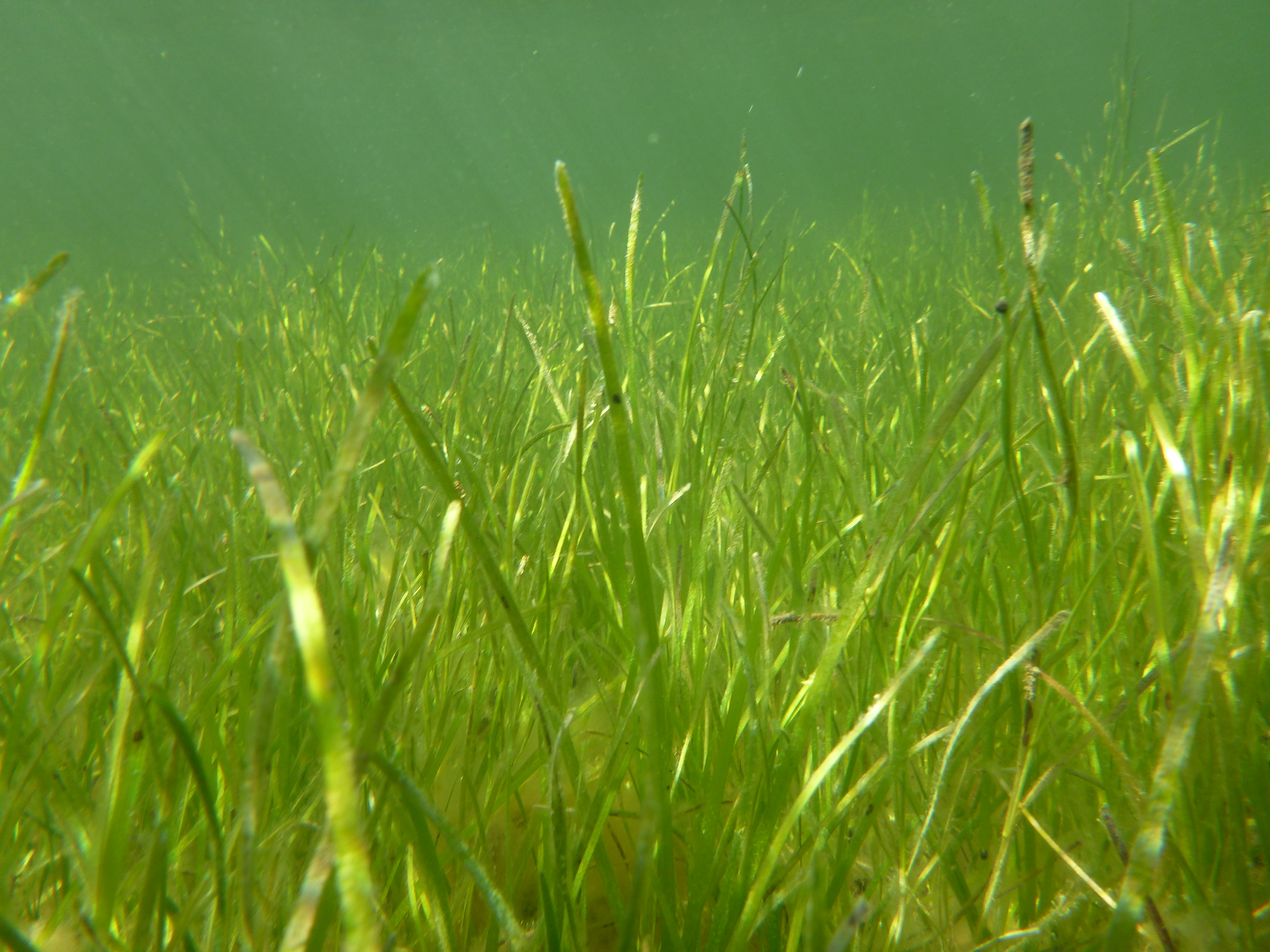
A recent collaborative effort between researchers from CBNERR-VA, VIMS and The University of Western Australia compares the survival and demographic characteristics of recovering Zostera marina (eelgrass) populations in the Chesapeake Bay after two different periods of warm water and rainfall events that caused large-scale declines.
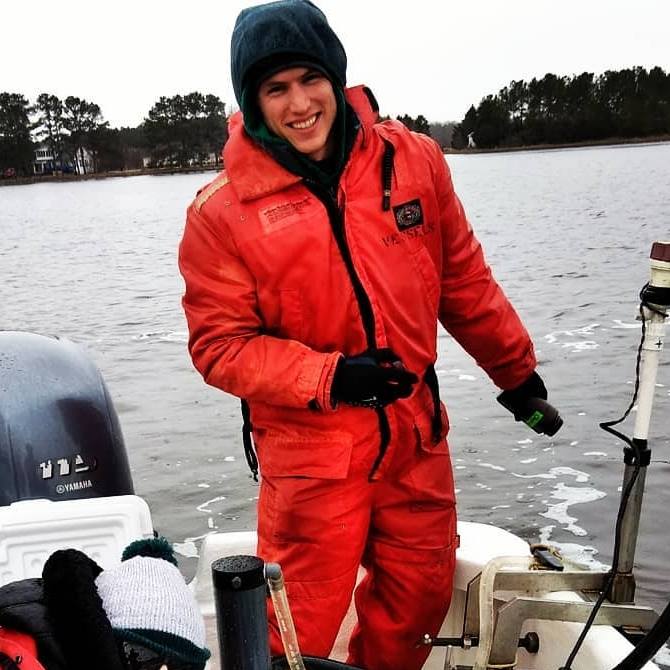
The Margaret A. Davidson Graduate Fellowship is a new NOAA program that provides funding to graduate students to conduct estuarine research within one of the 29 reserves in the National Estuarine Research Reserve System (NERRS). CBNERR-VA will support Derek Detweiler, its first Davidson Fellow, as mentors, scientists and community liaisons in his research and related outreach on the tidal marsh carbon cycle.
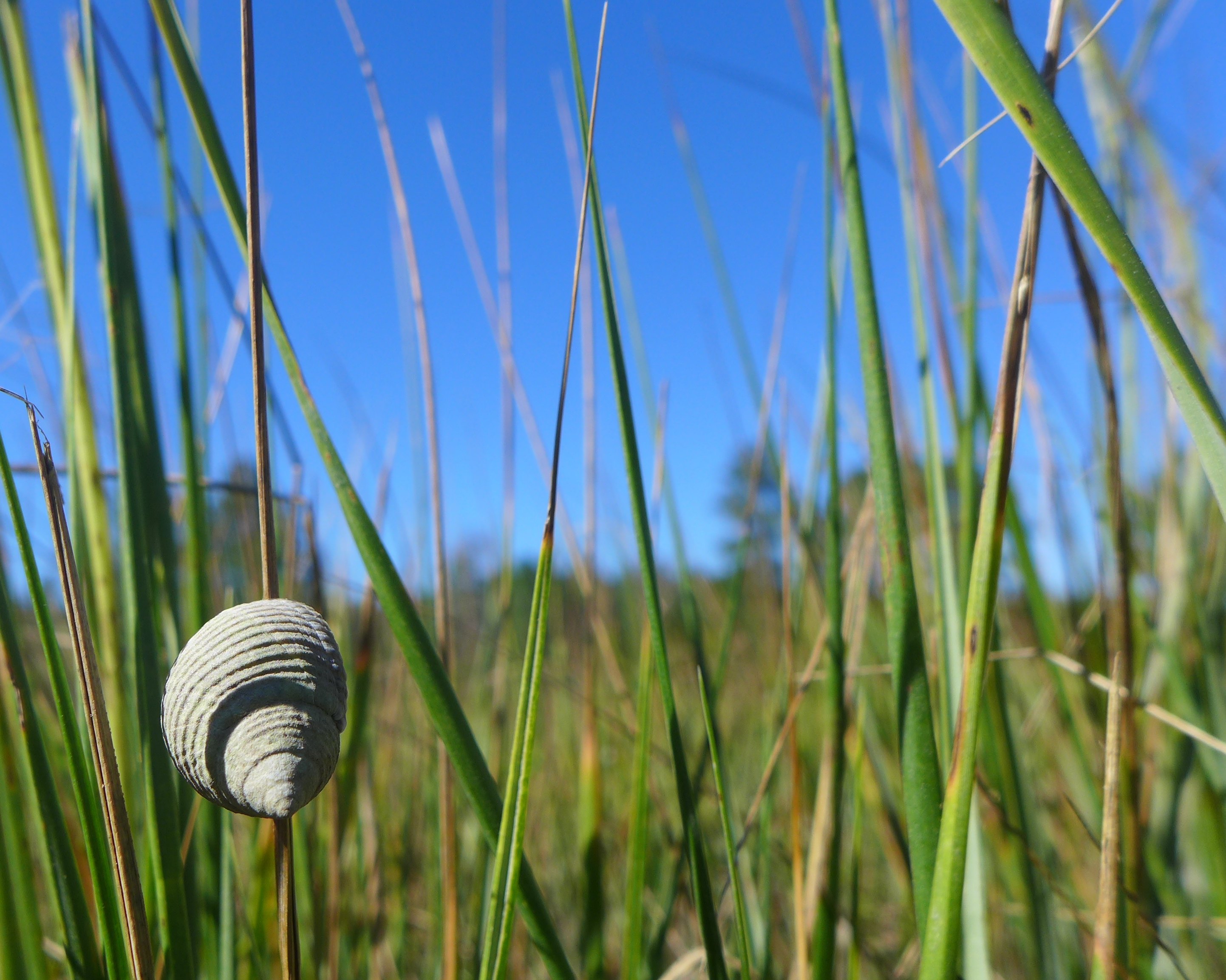
A report based on research from Taskinas Creek demonstrated that Littoraria irrorata, uses both smooth cordgrass (Spartina alterniflora) and big cordgrass (Spartina cynosuroides) as habitat.
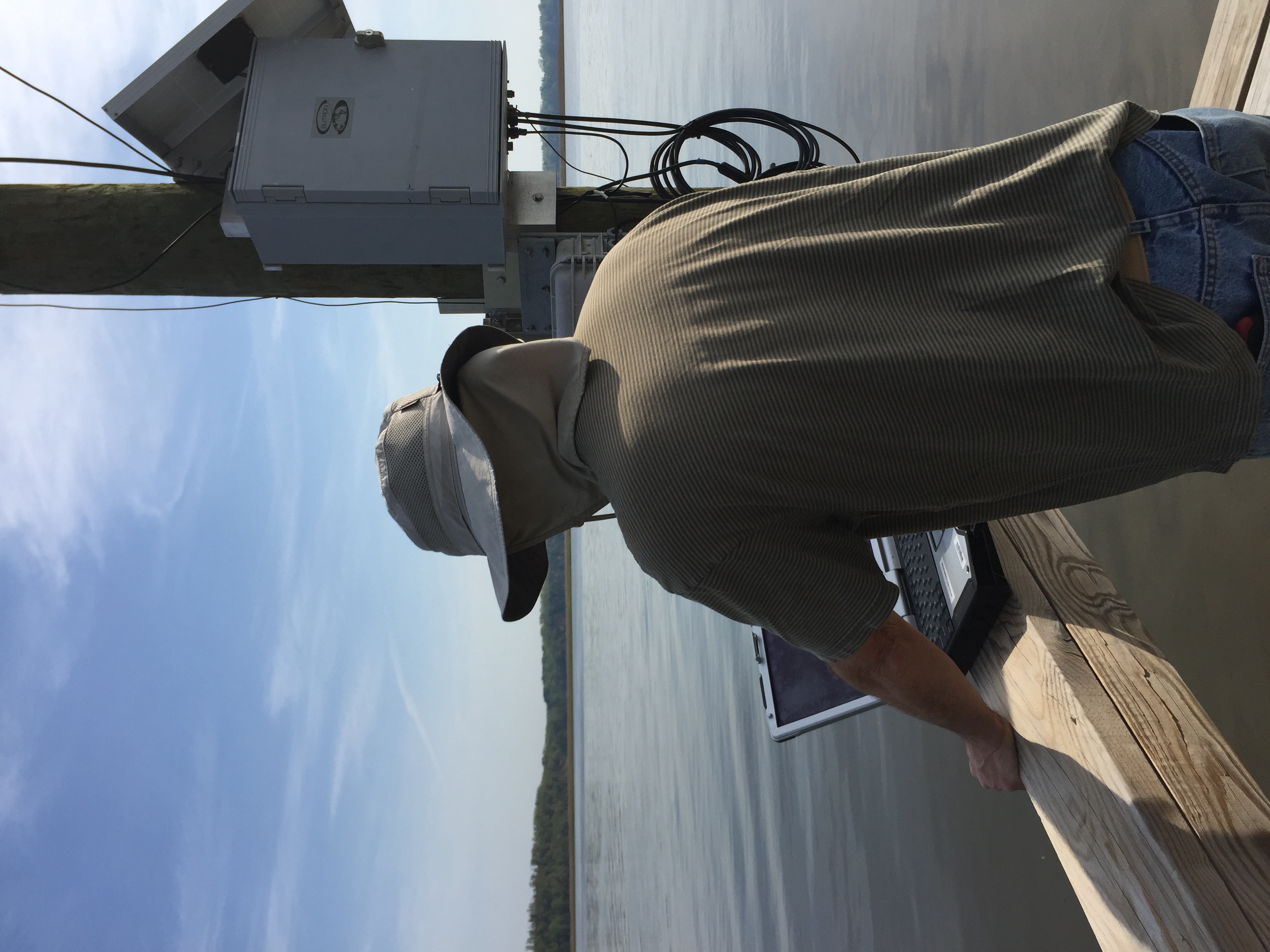
A month-long hackathon in August will encourage teams and individuals to Hack the Bay.
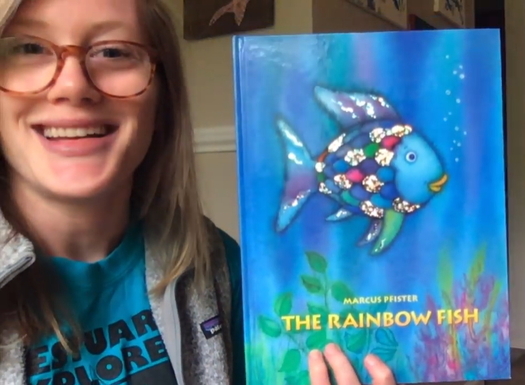
Check out this PNS article on CBNERR's education programming in the midst of the pandemic.
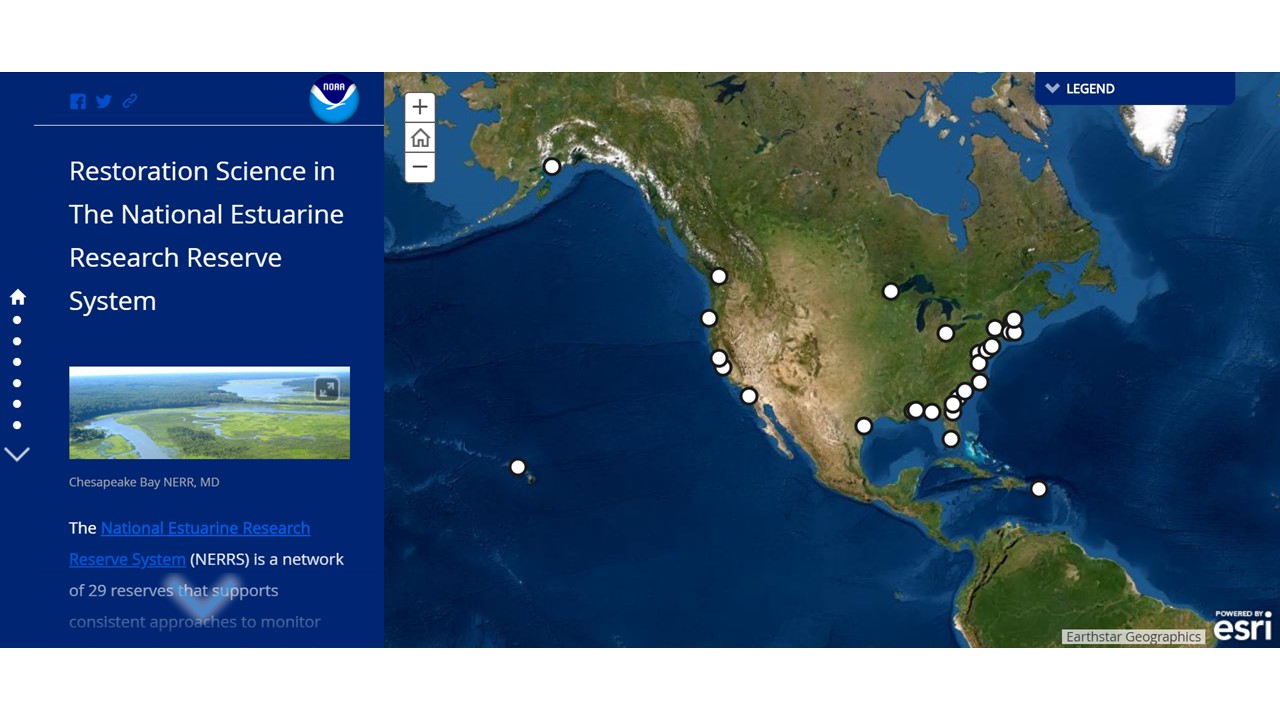
NERRS releases a new story map focused on restoration science
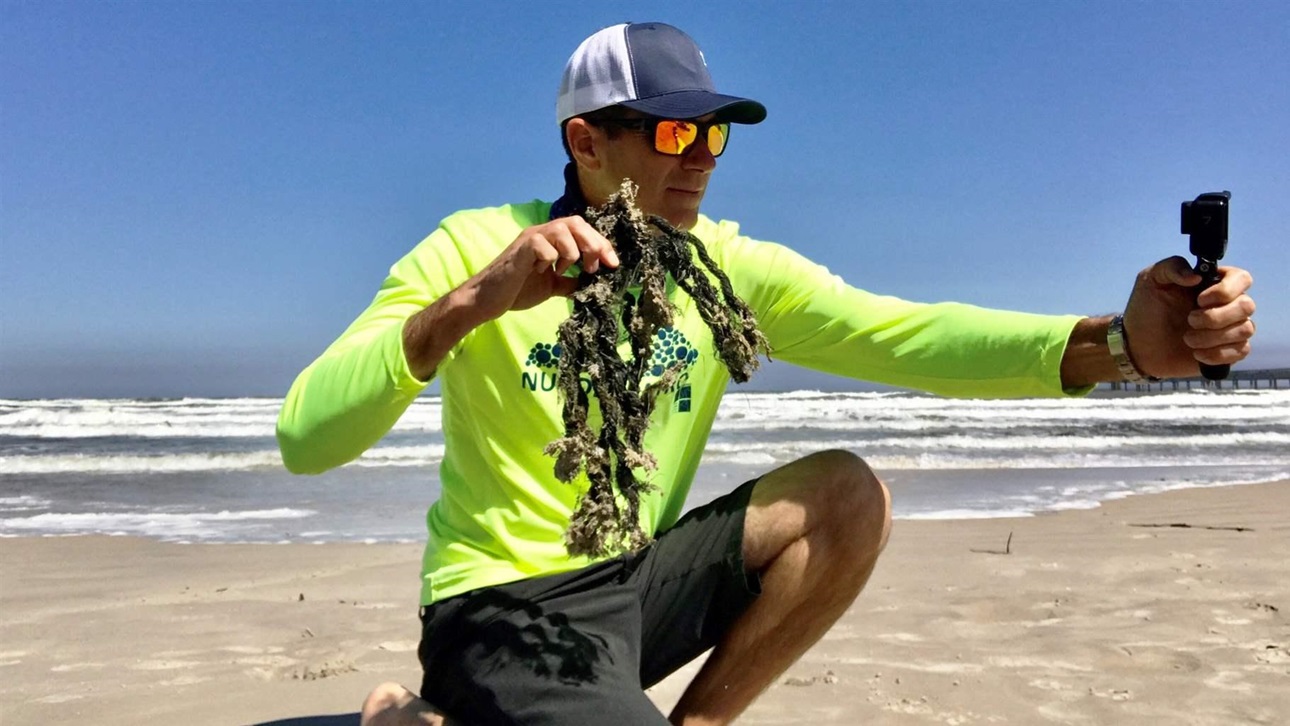
Sites, which are home to critical habitat, attract visitors by shifting from hands-on to online programming.
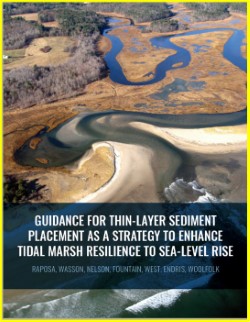
CBNERR was fortunate to be part of a collaborative research project that connected reserves across the U.S. to examine thin layer placement (TLP) of sediment as a climate adaptation strategy for marshes at risk from sea level rise.
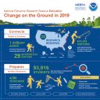
A snapshot of how CBNERR’s education programs are helping Virginia’s communities connect with the Chesapeake Bay.
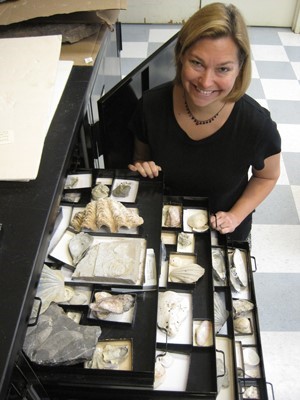
Due to the COVID-19 outbreak, the March Discovery Lab is cancelled. We will keep you posted on the status of the April Discovery Lab at a later date.

2020 Spring Discovery Lab topics and dates have been chosen. Join us Tuesday February 18th from 6:00- 8:00pm for our February Discovery Lab: FOSSILS with guest speaker Dr. Rowan Lockwood.
The Chesapeake Bay National Estuarine Research Reserve in Virginia welcomes abstract submissions for the upcoming York River and Small Coastal Basins Research Symposium. The event will take place Tuesday, April 28, 2020, at the Virginia Institute of Marine Science in Gloucester Point, Virginia.
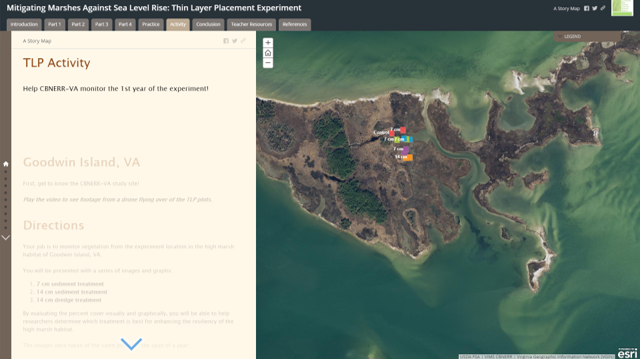
CBNERR has created a lesson plan and an Esri Story Map for teachers to help teach students about marshes and thin-layer placement restoration techniques.
Check out a Resource Box for your classroom today!